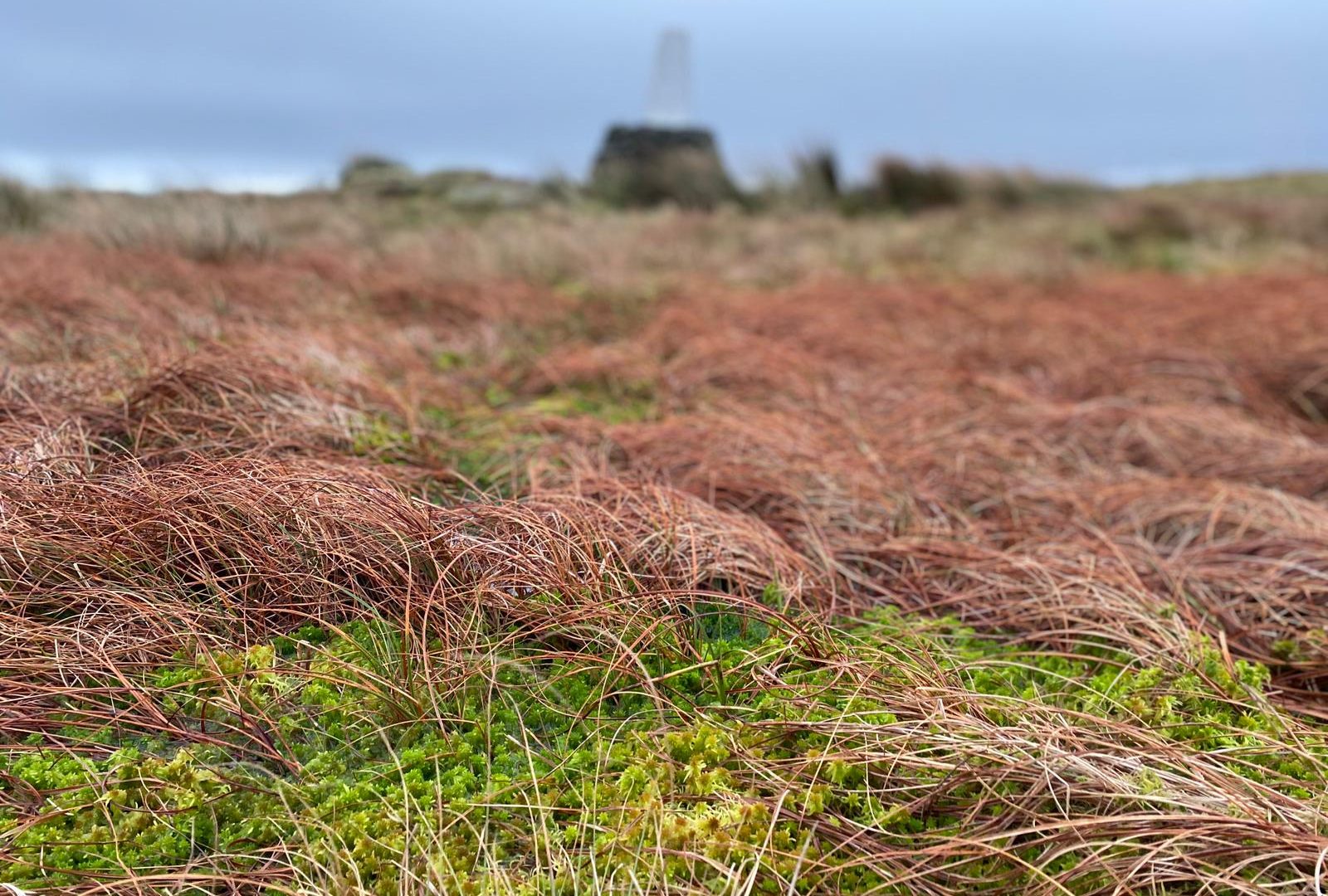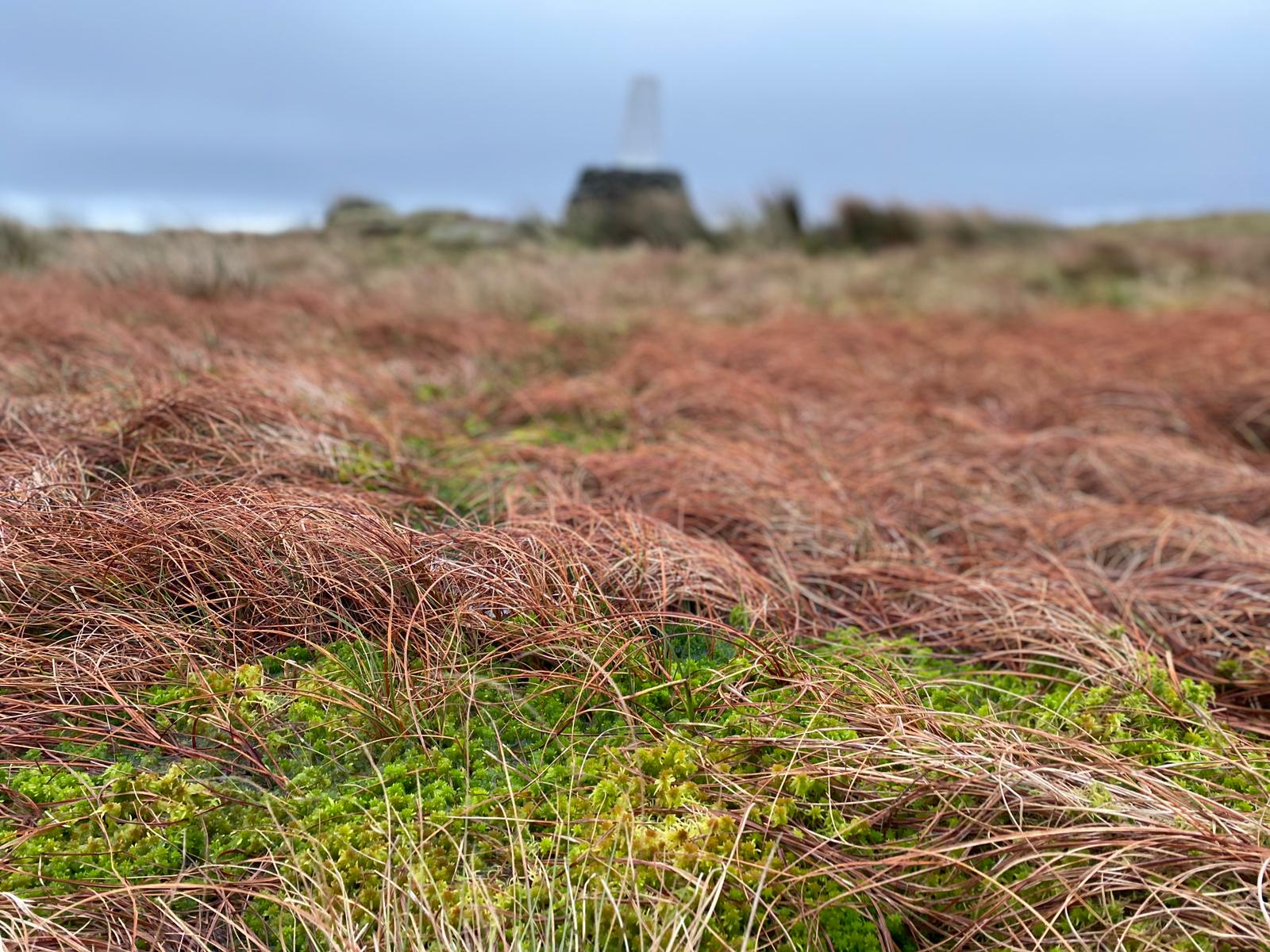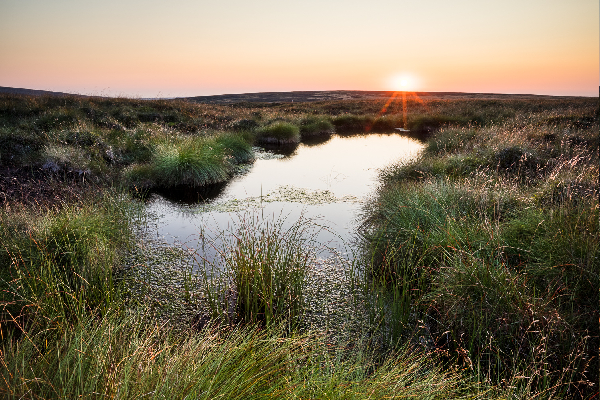
Campaign for National Parks calls for greater action to protect peatlands
Campaign for National Parks is calling for urgent action to protect and restore peatlands in National Parks in England and Wales.
Much greater priority should be given to the restoration and rewetting of peatlands of all types in National Parks, with the aim of bringing all this peatland into good condition or restoration management by 2030 at the latest. This includes a stronger commitment to protecting existing areas of intact functioning peatland, protecting already damaged areas from further degradation.
In order to achieve this, the charity wants to see an end to peatland burning as a land management technique in National Parks, a ban on peat use in horticulture and a ban on disposable BBQs in order to protect and restore these vital habitats.

Importance of peatlands
Peatlands – which include blanket bogs, raised bogs and fens – make up about 15% of land in National Parks in England and slightly less in Wales. They have a crucial role to play in boosting biodiversity, removing carbon from the atmosphere and helping with alleviating flood risk; but up to 80 per cent of the UK’s peatlands are not in a good state due to a range of factors – from fires to overgrazing and vehicle use.
Campaign for National Parks’ new Peatlands Policy Statement, outlines the current situation and calls for more emphasis on caring for the existing areas of functioning peatland and more investment into peatland restoration. It makes some clear recommendations to safeguard the future of peatlands in National Parks.
This includes:
- More peatland restoration work
- An end to burning as a land management technique
- A ban on peat use in horticulture
- A ban on disposable BBQs
The statement follows the release earlier this year of the National Parks and the Climate Emergency report, in which Campaign for National Parks outlined what more was needed to help National Parks meet their net zero targets – with carbon capture via peatland restoration having a significant role to play.
Peatlands and the Net Zero targets
The Government has recognised this too, with Secretary of State George Eustice saying after announcing a partial ban on peat burning earlier this year: “There is a consensus that burning of vegetation on blanket bog is damaging to peatland formation and habitat condition. It makes it more difficult or impossible to restore these habitats to their natural state and to restore their hydrology. Restoring England’s peatlands is a priority for the Government. It will help achieve net zero carbon emissions by 2050 as well as protecting our valuable habitats, and the biodiversity those habitats support.”
His comments preceded the publication of the England Peat Action Plan earlier this year. The National Peatlands Action Programme for Wales was published last year (2020). The Government has invested millions of pounds in peatland restoration projects – including some in National Parks.
Sucessful peatland restoration partnerships
Many National Parks, including the Brecon Beacons, Snowdonia, Northumberland, Peak District, Yorkshire Dales, Dartmoor and Exmoor, already have well-established and very successful landscape-scale partnership-based peatland restoration programmes. Moors for the Future Partnership was recognised in the Campaign for National Parks Park Protector Awards 2021 for its work in restoring 6.74km2 of peatland in Peak District National Park despite the challenges of the pandemic.
However, in allowing peatland burning to continue and not taking firm action against peat use in horticulture or disposable BBQs – a common cause of wildfires – the Government is currently failing to protect many existing valuable peatlands.

Climate change at the heart of decision-making
Campaign for National Parks Chief Executive Rose O’Neill said: “The climate emergency should be at the forefront of decision making. National Parks as home to important habitats such as peatland have a key role to play but are being held back by ineffective legislation. There are clear steps the Government could take to ensure peatland is in a good condition and able to play its role in meeting net zero targets, which we’ve outlined in our peatlands policy statement.
“There is momentum on this with the peatlands plans in England and Wales but they don’t go far enough – we need direct action now. Human-induced fires – both wildfires and managed burns – are a significant cause of damage to peatlands and we must take radical steps to prevent these. If this moment is lost, these peatlands will take decades to restore.”
Rose added: “We recognise these landscapes have been shaped by traditions that go back centuries but in the face of the global climate emergency we all need to be prepared to change our lifestyles and ways of working.”
Read our full Peatlands Policy Statement here.
